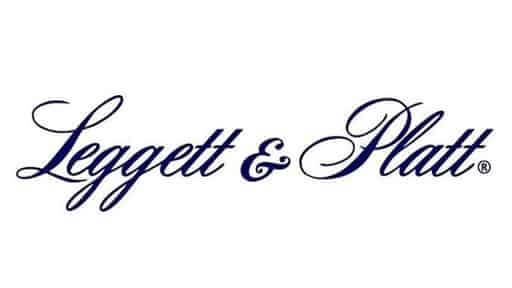Leggett & Platt said first-quarter sales fell 7% to $1.02 billion as the company continued to experience weak demand across most of its businesses.

However, net income came in at a stronger-than-expected $30.6 million, or 22 cents per share. That was about 3% below net income of $31.6 million, or 23 cents per share, in last year’s first quarter.
The company said an ongoing restructuring plan, as well as a variety of cost-containment measures, helped boost the bottom line. The restructuring has included the March sale of a small U.S. machinery business and an agreement to sell its aerospace business.
“Now more than ever, we are committed to our strategic priorities of strengthening our balance sheet, improving profitability and operational efficiency, and positioning the company for long-term growth,” said Karl Glassman, president and CEO.
Leggett & Platt’s bedding segment, its largest business unit, saw sales fall 13% to $390.7 million. The company said weak demand in the U.S. and European bedding markets, the loss of a major customer in its specialty foam business, and restructuring-related sales attrition all contributed to the decline.
“Although the domestic bedding industry is now expected to be more challenged than previously anticipated, the resulting lower volume will likely be offset primarily by steel-related tariff benefits,” Glassman said.
In the furniture, flooring and textiles segment, first-quarter sales fell 1% to $331.3 million, while sales in the specialized products segment were off 5% to $300.1 million.
Glassman noted that, while tariffs may wind up being a net positive for the business overall, the company is concerned about possible negative effects from inflation, consumer confidence and discretionary demand.
“As we navigate the complex and fluid tariff environment, we are mitigating impacts while pursuing any opportunities to capture increased demand for domestically produced products,” he said.
The company didn’t change its previously announced sales and earnings projections for 2025. Sales are projected to be $4 billion to $4.3 billion, which would be 2% to 9% below 2024.
Earnings per share are projected at 85 cents to $1.26. The estimates include a loss of 16 cents to 22 cents for restructuring costs and a gain of 7 cents to 22 cents from sales of real estate.
Read more industry news at SleepSavvyMagazine.com.







